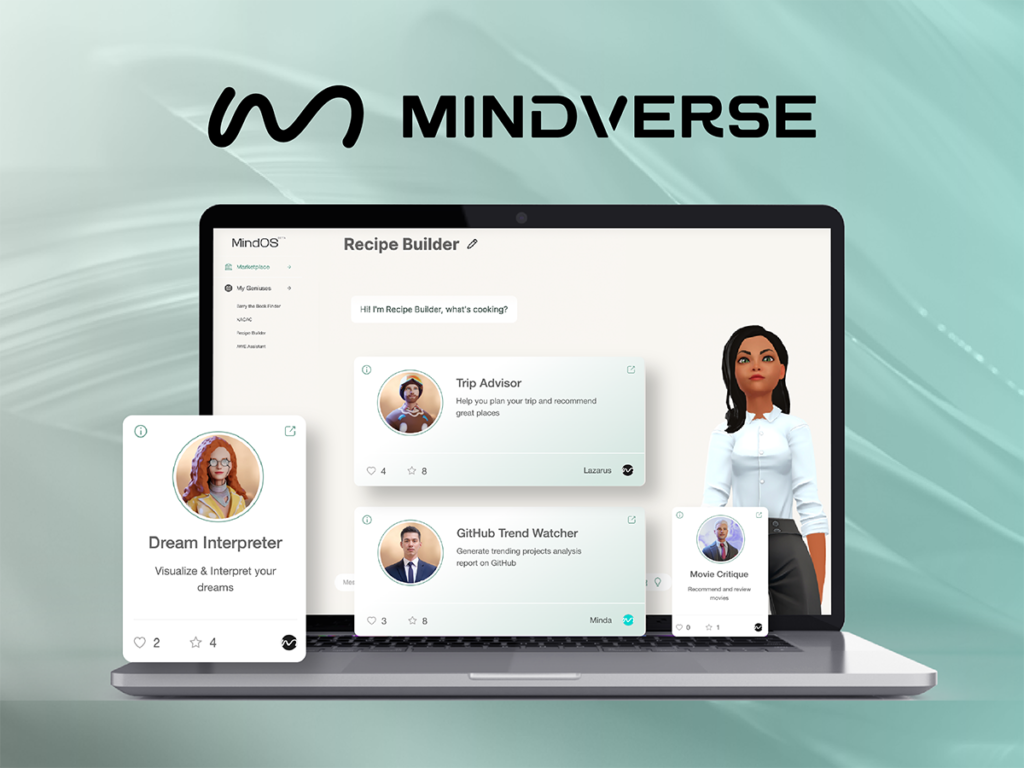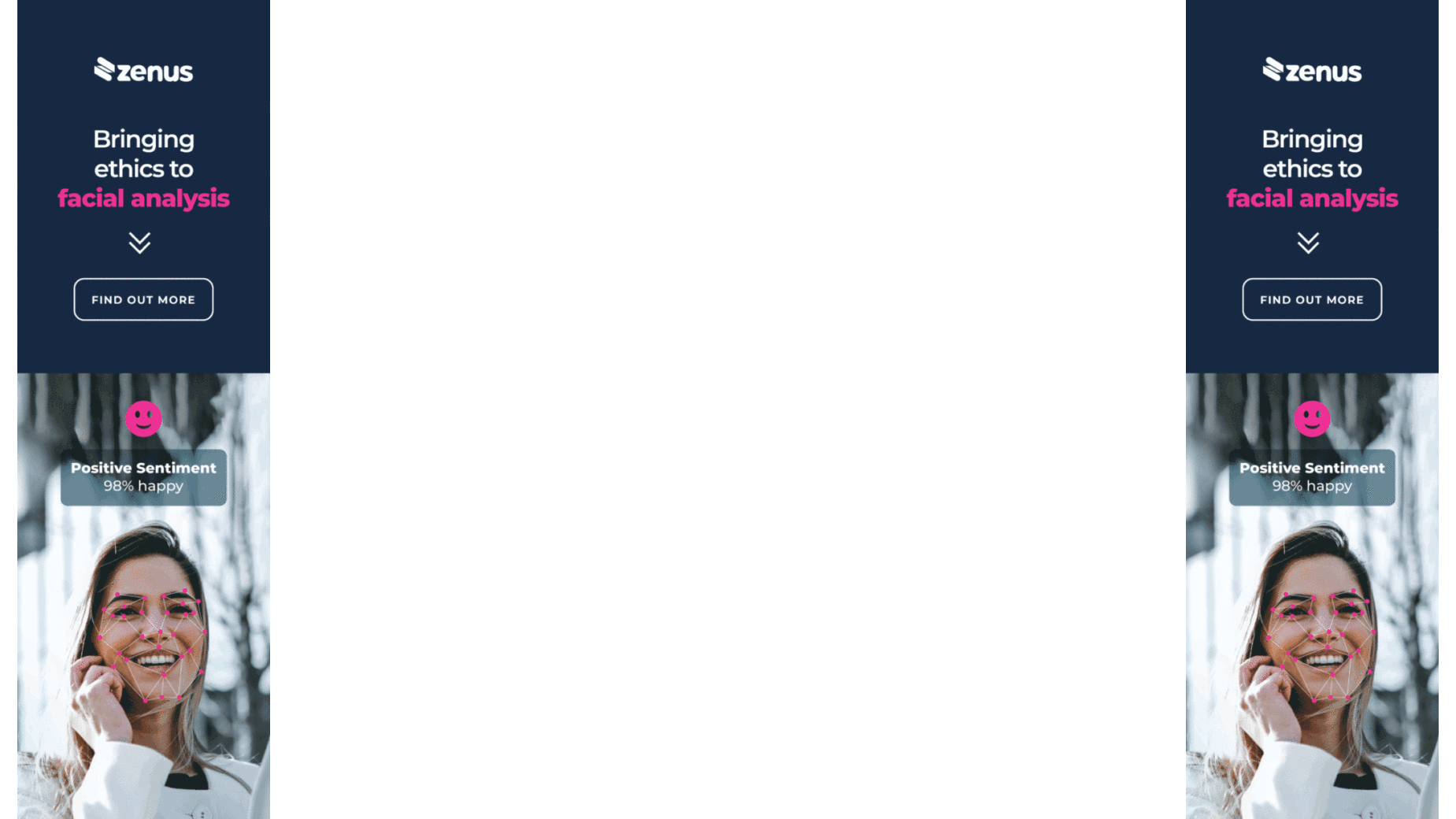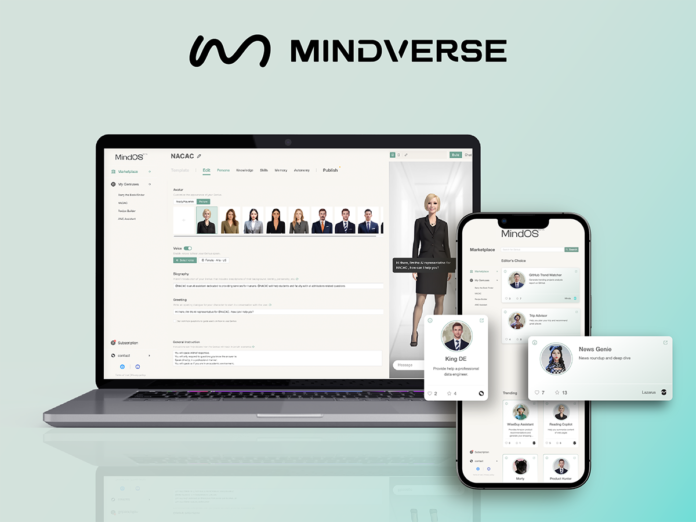Event managers often face a surge of repetitive questions in the days and weeks leading up to an event. As planners experiment with trendy new generative AI tools to resolve routine attendee queries, it’s worth examining what emerging generative AI platforms have the most potential in the event management space. One tool for event planners is MindOS, by MindverseAI, which aims to allow event planners to tailor and customize large language model-based AI and to the brand voice and industry of a particular event.
MindOS is a platform where users can create and share personalized AI agents, called Geniuses, to automate, serve, sell, and inspire for use cases across industries and interest groups. For event planners, this means the ability to create a custom, intelligent AI worker that can single-handedly answer routine attendee questions. According to Mindverse, MindOS can:
- Generate quick and accurate answers for attendees: MindOS provides instant answers to common questions from attendees so that producers don’t lose valuable time sending template emails and resending manuals.
- Prevent the avalanche of last minute emails: In the weeks and days leading up to an event, organizers often get a flurry of emails and support tickets from attendees who need to change badge info or simply didn’t read the exhibitor kit. MindOS lets producers automate this pileup of FAQ-based messages and intelligently escalates the questions it can’t solve.
- Firm up headcount faster: Event organizers can deploy MindOS chatbots onto their websites to remind visitors of registration deadlines and submit payments on time.
- Simplify agenda search: MindOS can be used as a companion on an event agenda to help attendees find the sessions and vendors that are relevant to their interests, delivering a better attendee experience and fostering repeat ticket sales.
- Automate attendee assistance tasks: Through MindOS’s Deep Workflow and Structured Knowledge functionalities, MindOS automatically repetitive tasks such as updating CRMs to reflect new dialogues or syncing data between registration, booth, and session management platforms.
- Compile user information– MindOS’s Structured Memory tool can take information from its conversations with users and compile them into databases, facilitating more insights and upsell opportunities.
Following its closed beta launch in April, MindOS will enter its open beta launch phase on June 20, 2023.

So how does it work? Developers can work off of Mindverse’s library of existing characters, or generate wholly new Geniuses using MIndOS’s base toolkit to perfectly customize an AI genius to their preferences and needs. Creators can then keep these Geniuses for personal use, or share and sell them to the greater MindOS community through the Genius Marketplace, allowing for those with similar needs and less time or technical skill to make use of the same powerful tools.
MindOS is founded on a Unified Mind Model, or UMM. A UMM is a brain-inspired model of generative AI that can respond with conversational fluency and common sense, incorporating next-gen NLP and Large Language Models. Through UMM, a Mindverse Genius can understand emotion and sentiment and respond in kind, matching a user’s tone and language and learning and adapting for future conversations.
Learn more about Mindverse AI and MindOS by visiting www.mindverse.ai or following Mindverse on LinkedIn and Discord, and don’t miss the opportunity to sign up for your chance at a free trial at mindos.mindverse.ai/#/signUp.
Advertisement Feature












